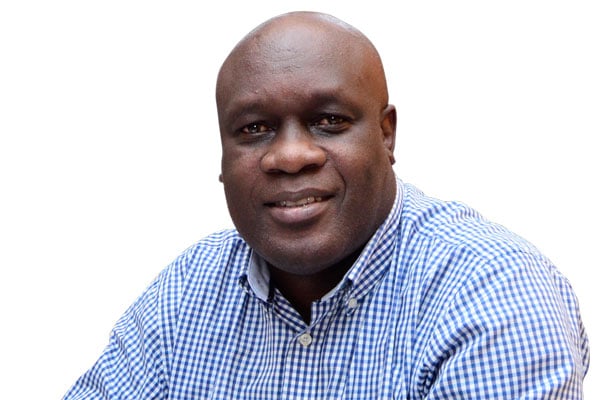Prime
World Radio Day, but what radio?

Odoobo C. Bichachi
What you need to know:
- I continue to reflect on just how much our local radio is upholding these lofty aspirations. Indeed it is, and this was widely seen during the Covid-19 pandemic but yes, radio could do more even in normal times beyond entertainment.
This week, February 13, was World Radio Day. Listening to the car radio en-route to and back from the office, I did not notice any special content on our local radio stations that reflected this important day. I only listened to a brief report on BBC radio about the day, which is how I learned it was the “big day”.
Nothing unique here! Newspapers that for centuries have been the primary drivers (and beneficiaries) of news sharing routinely ignore World News Day which falls on September 28. Journalists and media are generally good about highlighting others and terribly poor at shining the spotlight on themselves. I guess media people sometimes take the adage, “do not be the news” too seriously!
Anyhow, what is World Radio Day about? It was declared by the United Nations in 2011 to celebrate one of the most important communications technology forums in the world. This importance is well highlighted by UNESCO as follows;
“Radio is a powerful medium for celebrating humanity in all its diversity and constitutes a platform for democratic discourse. At the global level, radio remains the most widely consumed medium. This unique ability to reach out the widest audience means radio can shape a society’s experience of diversity, stand as an arena for all voices to speak out, be represented and heard. Radio stations should serve diverse communities, offering a wide variety of programs, viewpoints and content, and reflect the diversity of audiences in their organizations and operations.”
The theme for this year’s World Radio Day was “Radio and Peace”, highlighting its importance in facilitating and moderating conversation on diverse topics from diverse perspectives.
“Radio can indeed fuel conflict but in reality, professional radio moderates conflict and/or tensions, preventing their escalation or bringing about reconciliation and reconstruction talks. In contexts of distant or immediate tension, relevant programmes and independent news reporting provide the foundation for sustainable democracy and good governance by gathering evidence about what is happening, informing citizens about it in impartial and fact-based terms, explaining what is at stake and brokering dialogue among different groups in society,” notes a UNESCO communique on its website.
“On this day, UNESCO calls on everyone – listeners, radio broadcasters and audiovisual professionals – not only to celebrate radio’s potential, but also, and especially, to make greater use of radio as a unique instrument of peace, “ said secretary general Ms Audrey Azoulay.
In my mind, I continue to reflect on just how much our local radio is upholding these lofty aspirations. Indeed it is, and this was widely seen during the Covid-19 pandemic but yes, radio could do more even in normal times beyond entertainment. ****
READERS HAVE YOUR SAY
Your mailbox is full!
Refer to your article, “Is ‘letters to the editor’ a dying newspaper page?” (Daily Monitor February 10). Can I please add on the reasons why there are less ‘letters to the editor’? Your email box is full!! Over the past months I have twice tried to send a letter but got the message from my mail system that my email could not be delivered because your inbox was full. So I gave up. Sending a letter from Lira is of course as useless now as it was in the 1980’s. - Joseph van Eijndhoven
Public Editor: Thank you! This is well noted and has been shared with the IT team to address.
Story on GIZ was unprofessional
Refer to your story, “Computer misuse case puts GIZ in a tight spot” (Daily Monitor, October 16, 2022).
It is disappointing that a newspaper the size and credibility of Daily Monitor could allow a story like this to run in this form which fell short of journalistic principles such as accuracy, impartiality, fairness, balance, and independence.
The reporter should have at the very least done a fact-check of the information before publishing the story. He should have also presented the different perspectives of the story to give a complete picture of the issues, as opposed to trying to bias the reader by telling the story from only one side. -Oketcho Eddie, GIZ-Uganda.
Public Editor: Thank you for the many important issues you raised about this story. I have shared with the editors to respond to all your queries. I shall revert to you
Send your feedback/complaints to
[email protected] or
call/text on +256 776 500725.




